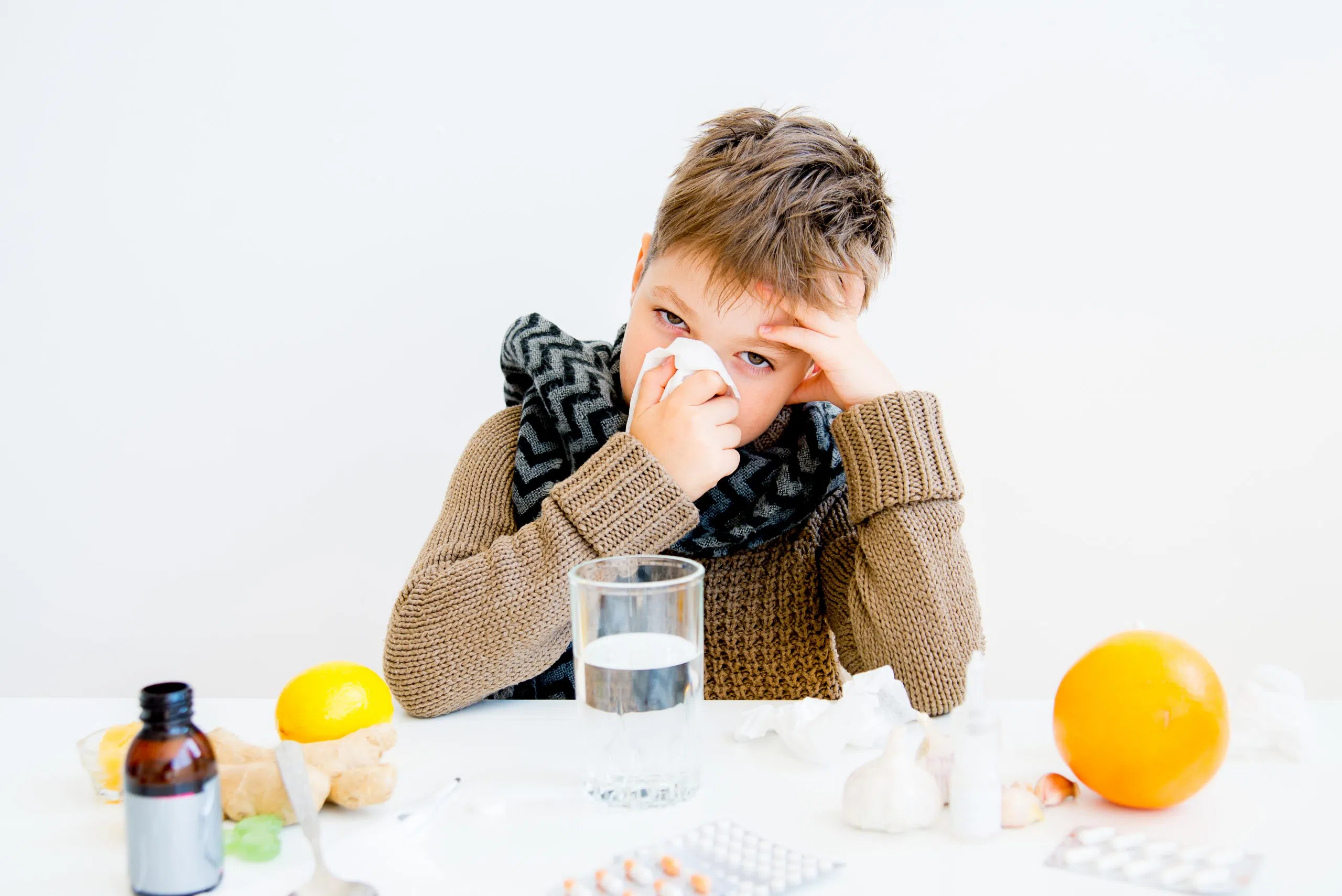
Flu cases up across North Zone
Cases of Influenza A across Northern Alberta have already exceeded totals of each of the last two years, in part due to a different strain of flu.
In previous seasons, the strain known as H3-N2 was the more dominant one, which is typically harder on older adults.
As pointed out by Alberta Health Services’ Medical Officer for Health in the North Zone, Dr. Albert de Villiers, this year’s strain is the H1-N1, which has more of an effect on children.
“It’s the same strain we had during 2009 and 2010. At that time, they called it the pandemic strain. The good news is that this year the vaccine that we’ve got is a very good match for this specific H1-N1 strain, so it seems to be good protection.”
